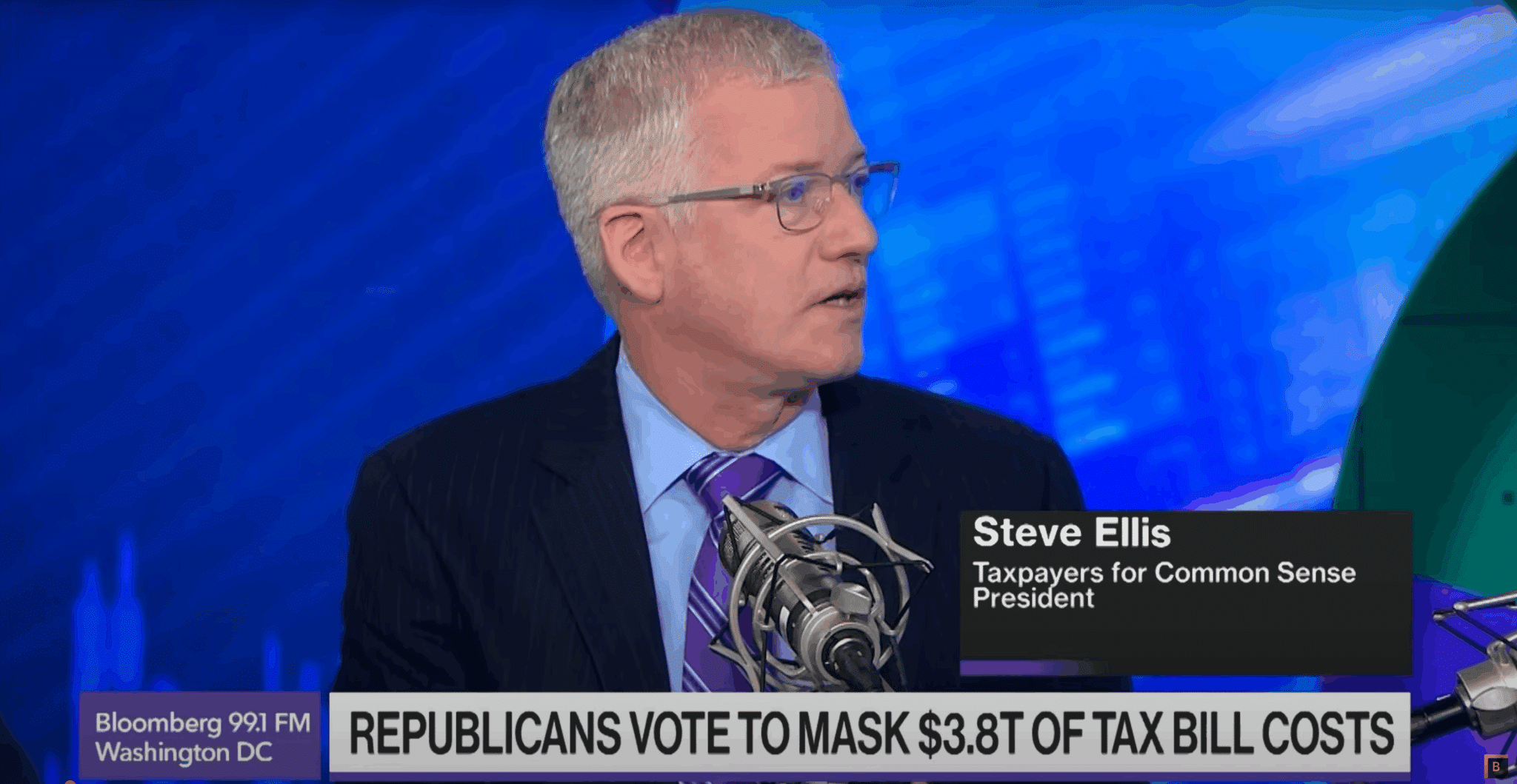This week, Environmental Protection Agency Administrator Scott Pruitt testifies before a Senate Appropriations subcommittee to discuss the agency’s budget. Usually, these hearings focus on the details of programs and priorities. As a taxpayer watchdog, I hope the hearing goes further to include critical and thorough discussion of the administrator’s questionable spending. As a subcommittee member, Sen. Marco Rubio can use the opportunity to lead the way by fully examining the wasteful decisions Pruitt has made about his travel, security, and other extravagant office costs.
Let’s start with the $43,000 soundproof phone booth, which Pruitt had installed in his office. There are already two facilities at EPA that meet federal standards for secure communications. There was no need for a third, which violated federal law for exceeding allocations for improvements. Furthermore, the booth didn’t meet federal secure communications standards. All it did was give him more privacy, at the taxpayer’s expense. Could he not have just closed the door and spoken quietly like the rest of us?
Pruitt also spent more than $100,000 in taxpayer money on first-class travel — in the name of security. Except, when taking the same flights on his own dollar he flew coach. His 24-7 security detail is more than three times more expensive than any previous administrator’s. I was relieved to learn that Pruitt has not been subject to the unprecedented number of threats as he claimed to justify his security spending. But as a taxpayer, I’m outraged at the expensive detail — which was also apparently deployed for personal travel, including a trip to Disney World.
New records show that what Pruitt was actually able to spend may pale in comparison to what some of his grand plans would have cost taxpayers. One plan was to set up a brand new satellite EPA office in his hometown of Tulsa, complete with custom accommodations for the 24-hour security and another soundproof phone booth. He also looked into leasing a private plane for $100,000 a month to travel even more comfortably.
Pruitt’s lack of fiscal probity extends abroad. The $120,000, four-day trip to Italy last summer for a G-7 meeting included four hours of work-related meetings, a private tour of the Vatican, and $90,000 on military transport, food and hotels. A four-day trip to Morocco, originally estimated at $40,000, ultimately clocked in at $100,000, including a $494-per-night hotel room in Paris on the way home. Making that spending more problematic, the trip was arranged by a lobbyist who later got a retroactive $40,000-per-month lobbying contract with Morocco.
Pruitt’s spending excesses are just one example of a consistent pattern of poor judgment. He accepted and took advantage of a sweetheart deal for renting an apartment in Washington from a lobbyist at well below market price. He gave huge raises ($56,000 and $28,000 raises!) to employees who came with him from Oklahoma (over the objection of the White House). And his actions have now made him the subject of 11 federal investigations for ethics violations and brazen abuse of taxpayer funds. Unsurprisingly, he has set up a legal defense fund to help him navigate the various investigations. Prospective donors to the fund might want to confirm that their definition of “legitimate work expenses” matches Pruitt’s.
Pruitt’s defenders say he is only being targeted by people who want to oppose the president’s agenda. This is patently absurd. Of course the president will appoint those who believe in and can carry out the administration’s priorities. We know Scott Pruitt is not the only one that can do that job.
We expect presidents to appoint Cabinet members who share the administration’s goals. But we also expect Cabinet members to remember that the money they spend in carrying out their offices is not personal money. It is taxpayers’. Their spending decisions need to reflect the needs of the taxpayer, nothing less and nothing more.










